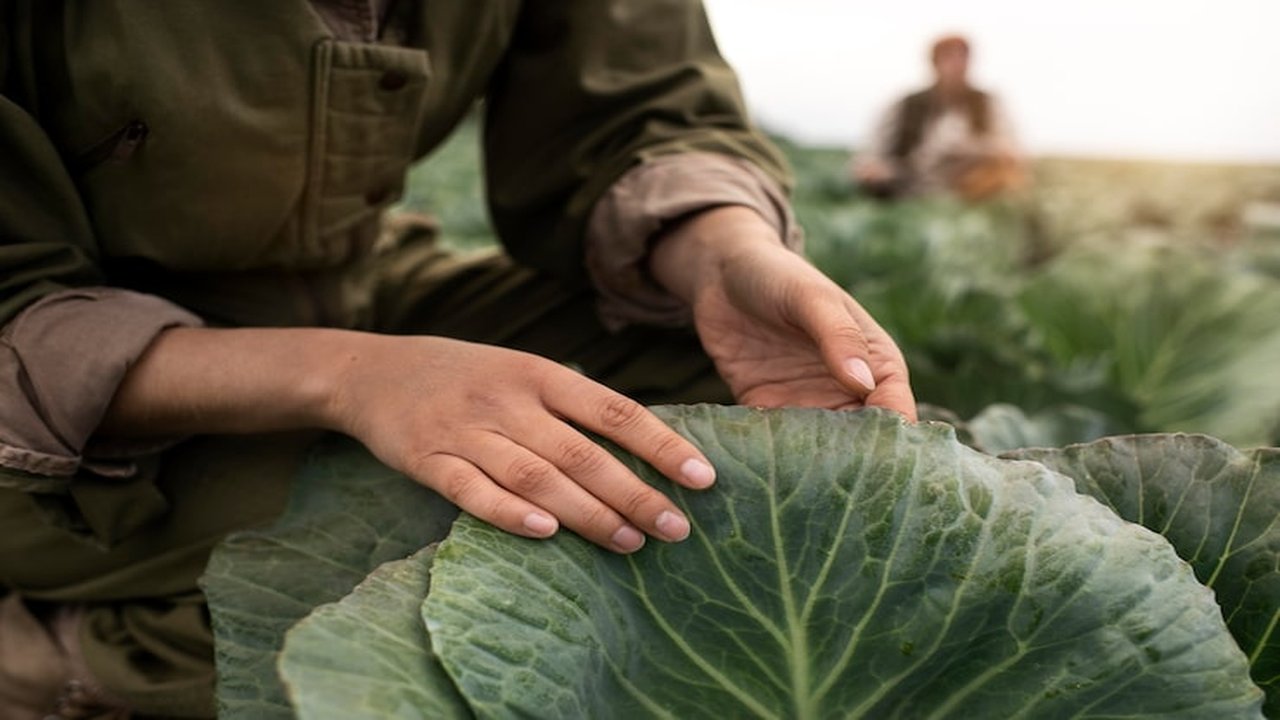 With the future of US food security at stake, a groundbreaking opportunity worth $3.2 billion emerges for farmers in the mid-Mississippi Delta. The World Wildlife Fund is spearheading an initiative to transition farmland from commodity crops to specialty foods, paving the way for economic revitalization, enhanced food security, and wildlife habitat preservation. This transformation not only promises significant financial gains but also sets a precedent for sustainable agriculture practices that could reshape the global food system.
With the future of US food security at stake, a groundbreaking opportunity worth $3.2 billion emerges for farmers in the mid-Mississippi Delta. The World Wildlife Fund is spearheading an initiative to transition farmland from commodity crops to specialty foods, paving the way for economic revitalization, enhanced food security, and wildlife habitat preservation. This transformation not only promises significant financial gains but also sets a precedent for sustainable agriculture practices that could reshape the global food system.
Leveraging Specialty Crops for Economic Revitalization
The initiative led by the World Wildlife Fund (WWF) to shift farmland in the mid-Mississippi Delta from commodity crops to specialty foods presents a significant opportunity for economic revitalization in the region. By transitioning just 3% of existing farmland to specialty crops, the region stands to gain an additional $3.2 billion in annual farmgate revenue by 2034. This move not only promises financial benefits but also opens up avenues for job creation, increased investment, and enhanced economic resilience for local communities. The Delta Ag Alliance's focus on supporting farmers in this transition through innovative business models and strategic partnerships underscores a shift towards sustainable agriculture practices that prioritize both economic prosperity and environmental conservation.
Strengthening US Food Security Through Diversification
The concentration of fruit, vegetable, and nut production in California poses a significant risk to US food security, especially in light of escalating climate-related challenges such as droughts and wildfires. The WWF's initiative to promote specialty crop production in the mid-Mississippi Delta represents a strategic step towards diversifying the country's agricultural output. By decentralizing food production and investing in regions like the Delta with untapped potential, the US can mitigate risks associated with overreliance on a single geographic area for essential food supplies. This diversification not only enhances food security but also contributes to the preservation of critical wildlife habitats threatened by agricultural expansion.
Fostering Innovation and Collaboration in Agriculture
The collaboration between WWF, AgLaunch, and the Center for MS Food Systems exemplifies a concerted effort to drive innovation and sustainability in agriculture. By bringing together diverse stakeholders including farmers, startups, retailers, and investors, the Delta Ag Alliance is creating a platform for knowledge exchange, technological advancement, and market access. The emphasis on farmer-driven innovation, coupled with the development of agtech solutions tailored to the region's needs, underscores a shift towards a more resilient and adaptive agricultural sector. This collaborative approach not only accelerates the transition to specialty crop production but also sets a precedent for inclusive and sustainable agricultural practices that can be replicated globally.
Scaling Impact Through Policy Alignment and Investment
The success of transitioning farmland to specialty crops on a larger scale hinges on creating a supportive business environment that encourages investment and innovation. The Delta Ag Alliance's 10-year roadmap, which outlines strategies for expanding the farmer network, launching new investment models, and accelerating the development of agtech startups, underscores the importance of policy alignment and financial backing in driving sustainable agricultural transformation. By de-risking the transition for farmers through strategic partnerships with buyers, infrastructure development, and access to research and innovation, the Alliance is paving the way for scalable and profitable specialty crop production. This holistic approach not only benefits local farmers but also contributes to broader efforts to reshape the global food system towards greater sustainability and resilience.
Conclusion
The initiative led by the World Wildlife Fund (WWF) to transition farmland in the mid-Mississippi Delta to specialty crops not only promises economic revitalization and enhanced food security but also sets a precedent for sustainable agriculture globally. By fostering innovation, diversifying food production, and aligning policies, this transformative approach showcases the power of collaboration in reshaping supply chains towards transparency and sustainability. As we reflect on this groundbreaking opportunity, it prompts us to consider the impact of our agricultural practices and the potential for positive change through strategic investments and collective action.